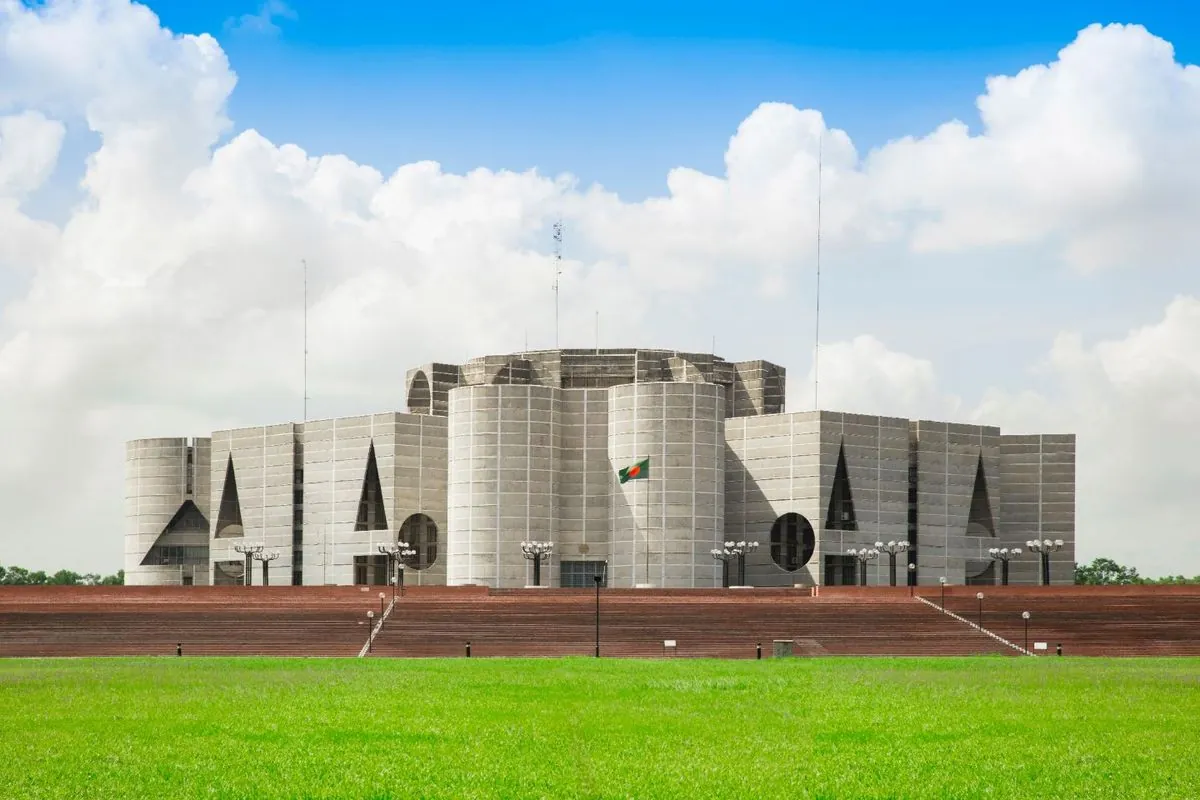In a significant development, Bangladesh's caretaker administration has lifted the prohibition on Jamaat-e-Islami, the nation's primary Islamic political organization, and its affiliated groups. This decision, made approximately one year ago, was based on the absence of concrete evidence linking the party to terrorist activities.
The ban, initially imposed by the government of former Prime Minister Sheikh Hasina, was rescinded through an official gazette notification. The caretaker government, which assumed power following Hasina's departure, stated that there was "no specific evidence of involvement of Jamaat" in terrorist actions.
Jamaat-e-Islami, founded in 1941 by Abul Ala Maududi in British India, has a complex history in Bangladesh. The party faced accusations of inciting violence during student-led protests that escalated into an uprising against Hasina's administration. These events culminated in her resignation and departure to India on August 5, 2023.
The party has consistently denied these allegations, describing the ban as "illegal, extrajudicial and unconstitutional." Despite its significant influence in Bangladesh's education and banking sectors, Jamaat-e-Islami has been unable to participate in elections since 2013. This restriction stemmed from a court ruling that deemed the party's registration incompatible with Bangladesh's secular constitution.
"We will file a petition early next week at the Supreme Court to seek restoration of its registration."
It's worth noting that Jamaat-e-Islami has a contentious past, having opposed Bangladesh's independence from Pakistan in 1971. The party has faced accusations of collaborating with Pakistani forces during the Liberation War, leading to numerous controversies and legal challenges over the years.
The lifting of the ban raises questions about the future political landscape of Bangladesh. As the largest Islamist political party in the country, Jamaat-e-Islami's potential return to the political arena could have significant implications for the nation's secular-religious balance.
This development occurs against the backdrop of Bangladesh's unique caretaker government system, designed to oversee elections. As the country navigates this political shift, the international community will be watching closely to see how it impacts Bangladesh's democratic processes and religious dynamics.
